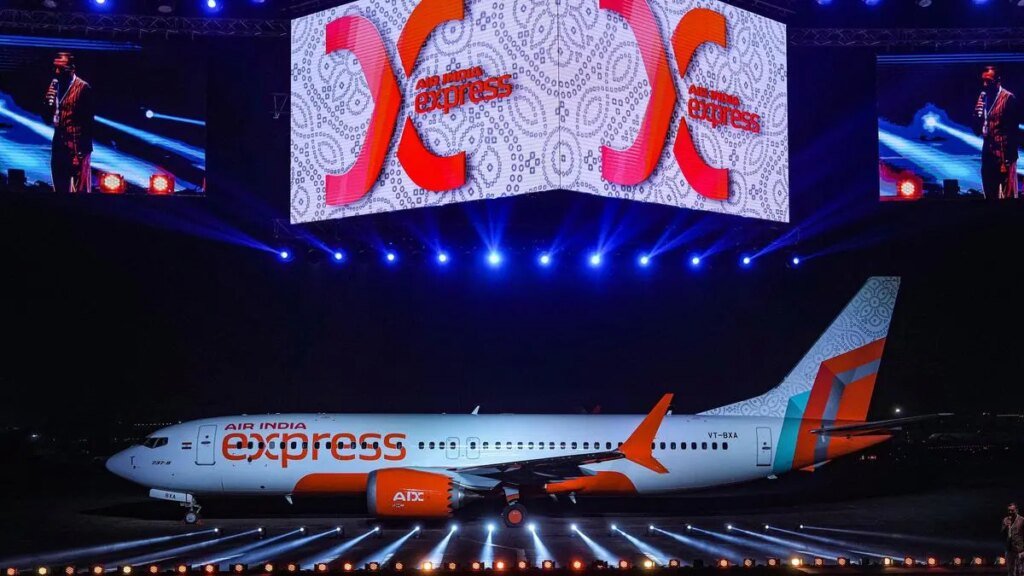Hunting e-waste: India pushes for recycling of critical minerals; dismantlers, crushers, and shredders to join chain
India is gearing up to transform its electronic waste into a major source of critical minerals, as the ministry of mines intensifies collaboration with private players to build large-scale recycling capacity across the country. The ministry is working closely with private industry to expand the country’s recycling capacity, aiming to fully process electronic waste and recover critical minerals within the next few years, it said in a press release issued on Friday.This initiative follows the Union Cabinet’s approval of a Rs 1,500 crore Incentive Scheme for Critical Mineral Recycling on September 3, which is an important part of the National Critical Mineral Mission. The scheme seeks to promote the recovery of key materials through recycling, reducing India’s dependence on imports.After consultations with industry representatives, the ministry issued detailed guidelines for the scheme on October 2. The application process also began the same day. According to the statement, the quick rollout received a positive response from stakeholders, with several expressing interest in participating.Under the scheme, eligible feedstock includes e-waste, used lithium-ion batteries (LIBs), and catalytic converters from end-of-life vehicles. Data from the ministry shows that India generates about 1.75 million tonnes of e-waste and 60 kilo tonnes of spent LIBs every year. With customs duty on LIB scrap removed in the 2025–26 Union Budget, imports of such material are expected to rise, broadening recycling opportunities over the next four to five years.Feedstock collection will also strengthen under the Extended Producer Responsibility (EPR) framework, which makes producers accountable for collecting and recycling e-waste and battery waste. At present, most of the material known as “black mass,” a powder containing valuable metals, is exported because of limited domestic processing capacity. The new incentive scheme will specifically support recyclers engaged in mineral extraction, including lithium, cobalt, and nickel, while encouraging dismantlers, crushers, and shredders to join the formal recycling chain.Only a small number of companies in India currently operate full end-to-end, or R4, recycling systems capable of converting battery scrap into metals. To enable wider participation, incentives have been capped at Rs 50 crore for large recyclers and Rs 25 crore for smaller ones.The ministry said the programme will enhance recycling capability through proven technologies such as hydrometallurgy. Research institutions, including IITs and CSIR laboratories, have already developed indigenous processes for metal recovery and purification. These institutes are also providing training in mineral extraction and processing, ensuring that any skill requirements arising from the scheme can be met through collaboration between academia and industry.



